Politics
AG Pam Bondi Files Emergency Motion with DC Circuit to Halt ‘Illegal Order’ by Obama-Appointed Judge Jeb Boasberg, Alleging Sabotage of Presidency
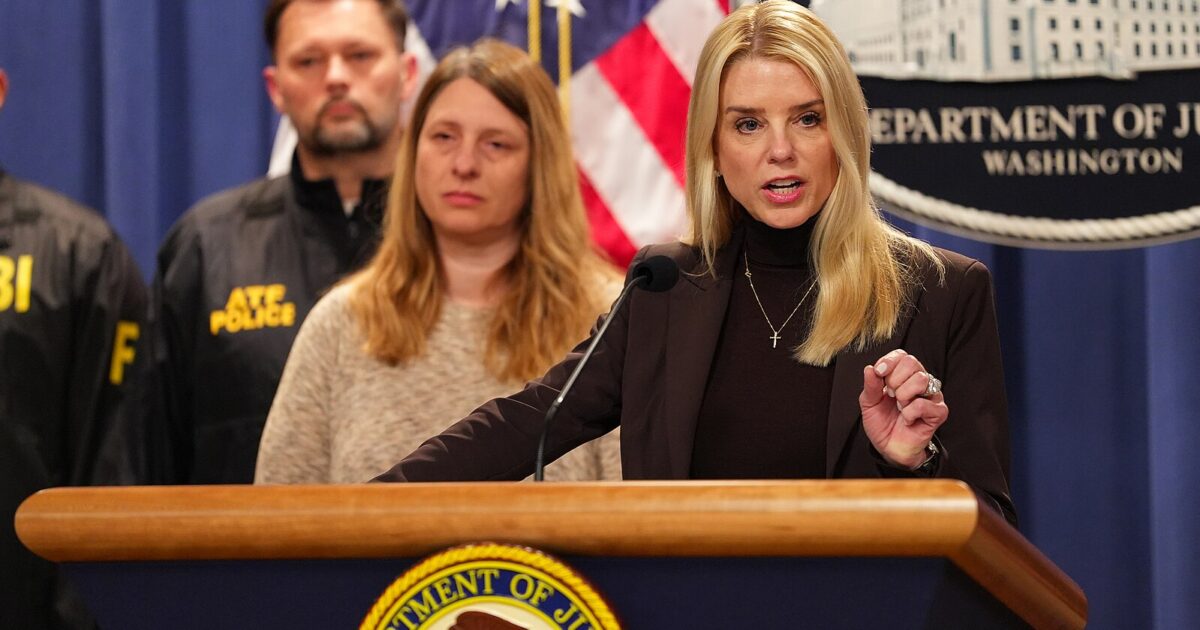
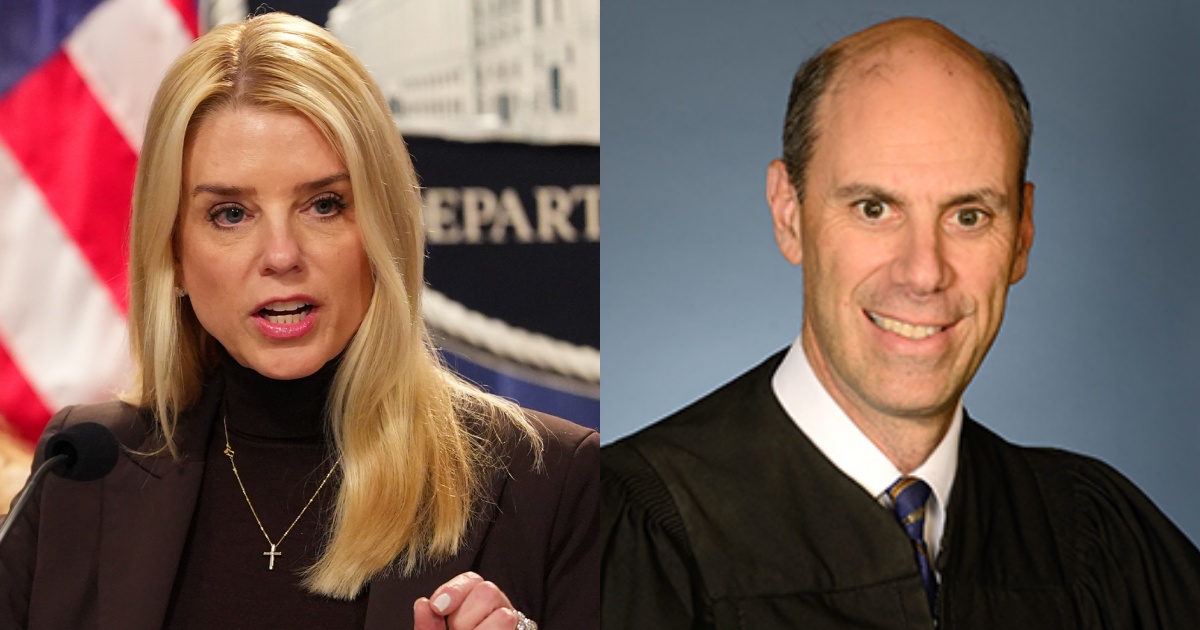 Attorney General Pam Bondi; Judge James E. Boasberg (Wikimedia Common)
Attorney General Pam Bondi; Judge James E. Boasberg (Wikimedia Common)
Attorney General Pam Bondi has unleashed a blistering emergency motion with the U.S. Court of Appeals for the D.C. Circuit, demanding an immediate stay of an “outrageous overreach” by Obama-appointed District Judge James E. “Jeb” Boasberg.
The motion, filed early Saturday morning, accuses Boasberg of sabotaging the Trump administration’s national security agenda by issuing an “unauthorized” Temporary Restraining Order (TRO) that blocks the removal of dangerous illegal aliens tied to the notorious Venezuelan gang Tren de Aragua (TdA)—a designated Foreign Terrorist Organization (FTO).
The explosive filing accuses Boasberg of acting without jurisdiction, without evidence, and without even hearing from the government—rushing to issue a 14-day TRO just hours after five anonymous Venezuelan plaintiffs filed a class-action complaint.
These plaintiffs, detained in Texas, claim they fear being wrongly swept up in Trump’s rumored plan to invoke the Alien Enemies Act (AEA) to expel TdA members.
Their lawsuit, J.G.G. v. Trump, seeks to upend Trump’s lawful enforcement of immigration laws, arguing that invoking the Alien Enemies Act—a wartime measure historically used to remove hostile foreign nationals—is somehow “unprecedented” and “unlawful” during “peacetime.”
According to the government’s filing, Tren de Aragua is a transnational gang with deep ties to Venezuela’s socialist regime, operating as a de facto paramilitary force conducting criminal operations across the United States.
The gang’s members have been linked to violent crimes, human trafficking, and drug smuggling, prompting the Trump administration to invoke the Alien Enemies Act (AEA) to facilitate their swift removal.
The motion reviewed by The Gateway Pundit states:
The Maduro regime coordinates with and relies on TdA to “sow violence and discord throughout the United States,” including through gang-related crimes and violent attacks such as the murder of Laken Riley in Georgia in February 2024.
Given how significantly TdA has become intertwined in the fabric of Venezuela’s state structures, it is a de facto arm of the Maduro regime. In such a case, TdA becomes indistinguishable from Venezuela, and the two may be folded together for purposes of invoking Section 21.
As an independent rationale, TdA also operates as a de facto government in the areas in which it is operating. It is well known that the Maduro regime is closely linked to narco-terrorism; a major component of that is “corrupt[ing] the institutions of Venezuela” to flood the United States with drugs “to undermine . . . the wellbeing of our nation” and that Maduro “deliberately deploy[s] cocaine as a weapon.”
In those areas where it is operating, TdA is in fact operating as a criminal state, independent or in place of the normal civil society and government.Given its governance and organizational structure, as well as its de facto control over parts of Venezuela in which it operates with impunity as an effective state unto itself, it would be well within the discretion of the President to determine it constitutes a foreign “government” for purposes of invoking Section 21.
Second, TdA is clearly perpetrating an invasion or a predatory incursion into the United States. Although the definition of “invasion” most easily applies to a militaryentry and occupation of a country, the accepted definition of that term is far broader.
Read the filing below:
The post AG Pam Bondi Files Emergency Motion with DC Circuit to Halt ‘Illegal Order’ by Obama-Appointed Judge Jeb Boasberg, Alleging Sabotage of Presidency appeared first on The Gateway Pundit.
Politics
Musk Has Gone Quiet About the Launch of His ‘America Party’ — Here’s What We Know
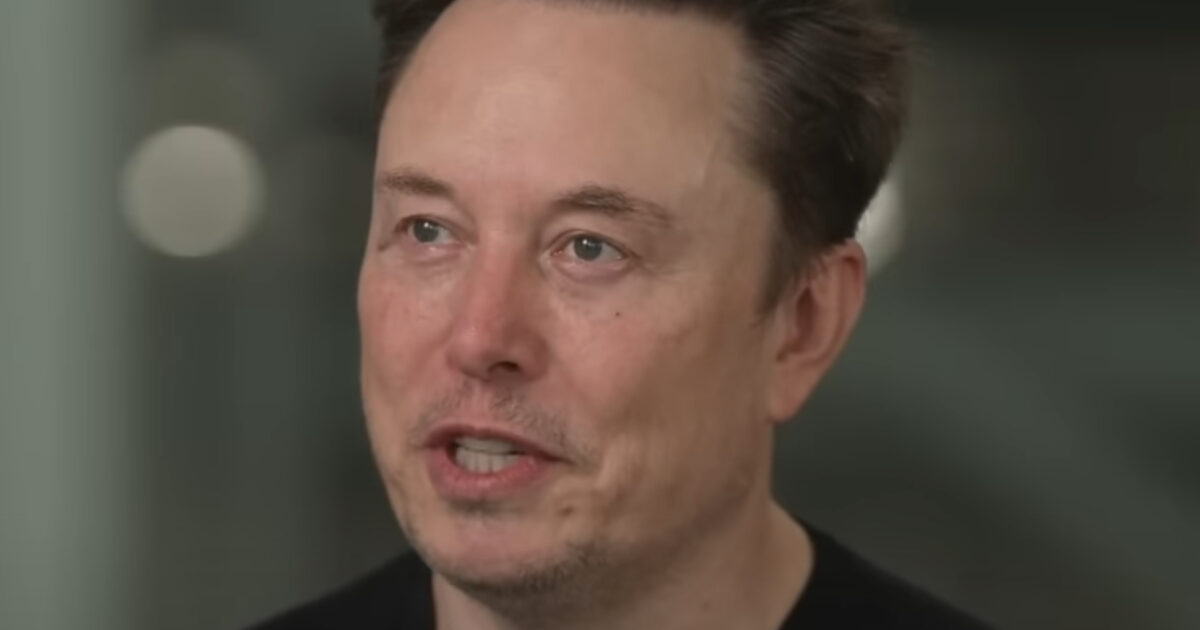
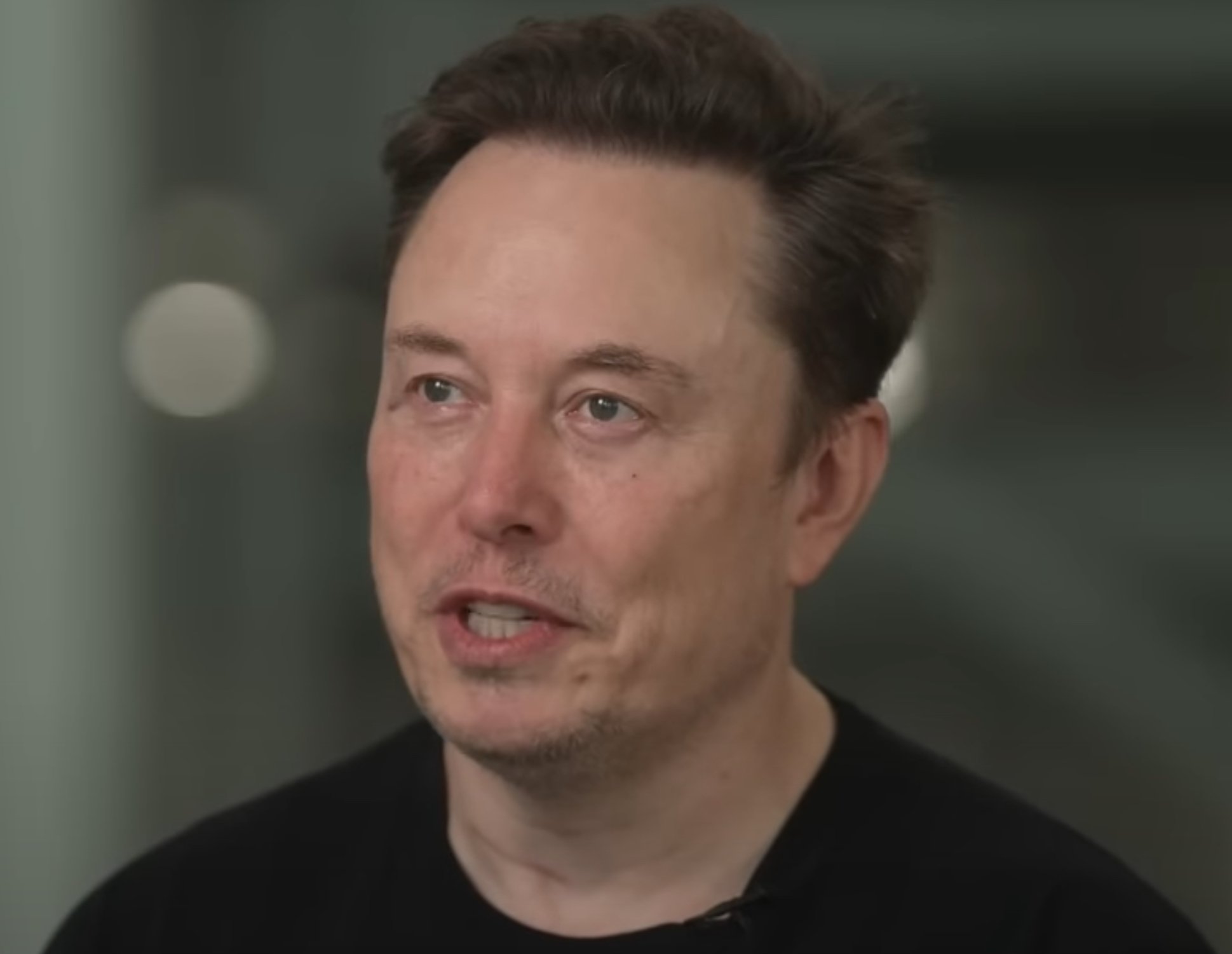
Maybe Elon Musk is more interested in planets than politics.
The mega-billionaire founder of Tesla, owner of X, and the genius behind the pioneering company SpaceX caused a huge stir in early July when he announced the birth of a new third party on the American political scene.
The question now is, whatever became of that?
Musk first broached the subject in a July 4 post on X when he launched a poll to find out what his followers thought. The results weren’t even close.
By a factor of 2 to 1, you want a new political party and you shall have it!
When it comes to bankrupting our country with waste & graft, we live in a one-party system, not a democracy.
Today, the America Party is formed to give you back your freedom. https://t.co/9K8AD04QQN
— Elon Musk (@elonmusk) July 5, 2025
“By a factor of 2 to 1, you want a new political party and you shall have it!” Musk wrote in a July 5 post.
“Today, the America Party is formed to give you back your freedom.”
Naturally, the post caused a splash.
Elon Musk is one of the few names in politics that can even come close to competing with the star power of President Donald Trump. So the idea that he could be mounting an actual challenge to Trump’s Republican Party would have been news indeed.
But as The Daily Caller White House correspondent Reagan Reese wrote in an article published Monday, there appears to be nothing in the way of follow-through coming yet.
“Musk hasn’t even mentioned the effort in over a month, and insiders told the Daily Caller that it seems Musk has begun to realize just how difficult what he pledged to do would be,” Reese wrote.
At the time of Musk’s announcement, Trump branded the idea of a third party “ridiculous.”
NEW: Trump Responds to Elon Musk Starting a Third Party When Asked By a Reporter: “Third parties have never really worked. So he can have fun with it, but I think it’s ridiculous.” pic.twitter.com/qTARvvE1Jx
— Chuck Callesto (@ChuckCallesto) July 6, 2025
Musk, of course, has other things on his plate besides politics.
As USA Today reported last week, Musk’s SpaceX could be nearing a new test flight for its Starship rocket, a 400-foot spacecraft the newspaper called “crucial” to future space ambitions, for Musk and the country as a whole.
Musk is a very public booster of manned trips to Mars — extraterrestrial exploration is vital “for the long-term survival of civilization,” he said, USA Today reported.
Humanity is essentially faced with the prospect of branching out or dying out.
One path means “we stay on Earth forever and then there will be some sort of eventual extinction event,” he wrote in a 2017 paper published by the journal New Space.
According to the electronics news-centric website CNET, Musk told the SXSW festival in Austin, Texas, in 2013 that he wants to die on Mars — “just not on impact.”
There are also very earthly concerns for Musk to consider about starting a party that would compete almost exclusively with Republicans for support.
(Besides Musk’s famously libertarian inclinations — free speech, gun rights, etc. — his popularity among liberals is so low it can be measured in the number of Tesla vehicles damaged and dealerships attacked by leftists.)
According to Reese’s report, a former Department of Government Efficiency consultant who launched a political action committee specifically to counter the threat of a Musk third party said Musk has realized that helping Democrats might not be so helpful to his own interests.
“Make no mistake, there is a real threat to both Elon and to his businesses if the Democrats were to regain control,” James Fishback, CEO of the Arizona investment firm Azoria, told Reese.
“That’s a message that I shared privately with Tesla executives, and that may have been part of the reason why he attenuated his positioning on that.”
Musk can be unpredictable, of course. He’s a generational genius, and geniuses make their own decisions and forge their own paths.
But for now, at least, it appears his third party is going to stay in the background of the political stage.
This article appeared originally on The Western Journal.
The post Musk Has Gone Quiet About the Launch of His ‘America Party’ — Here’s What We Know appeared first on The Gateway Pundit.
Politics
Chinese Ships Collide: Karmic Payback for Years of Bullying the Philippine Coast Guard
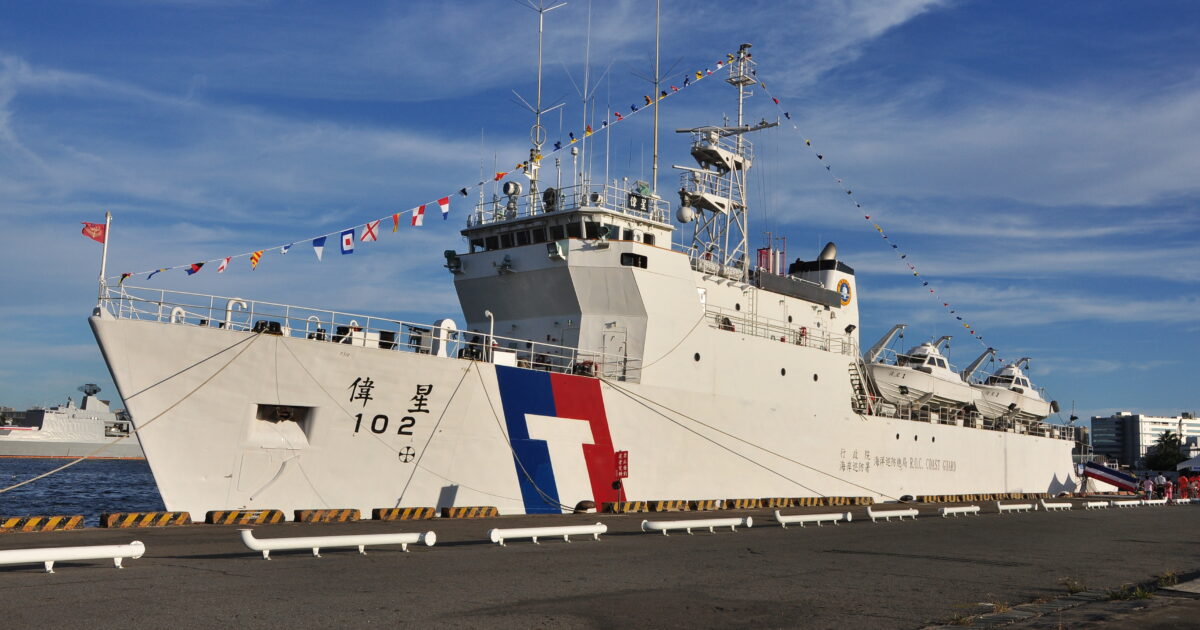
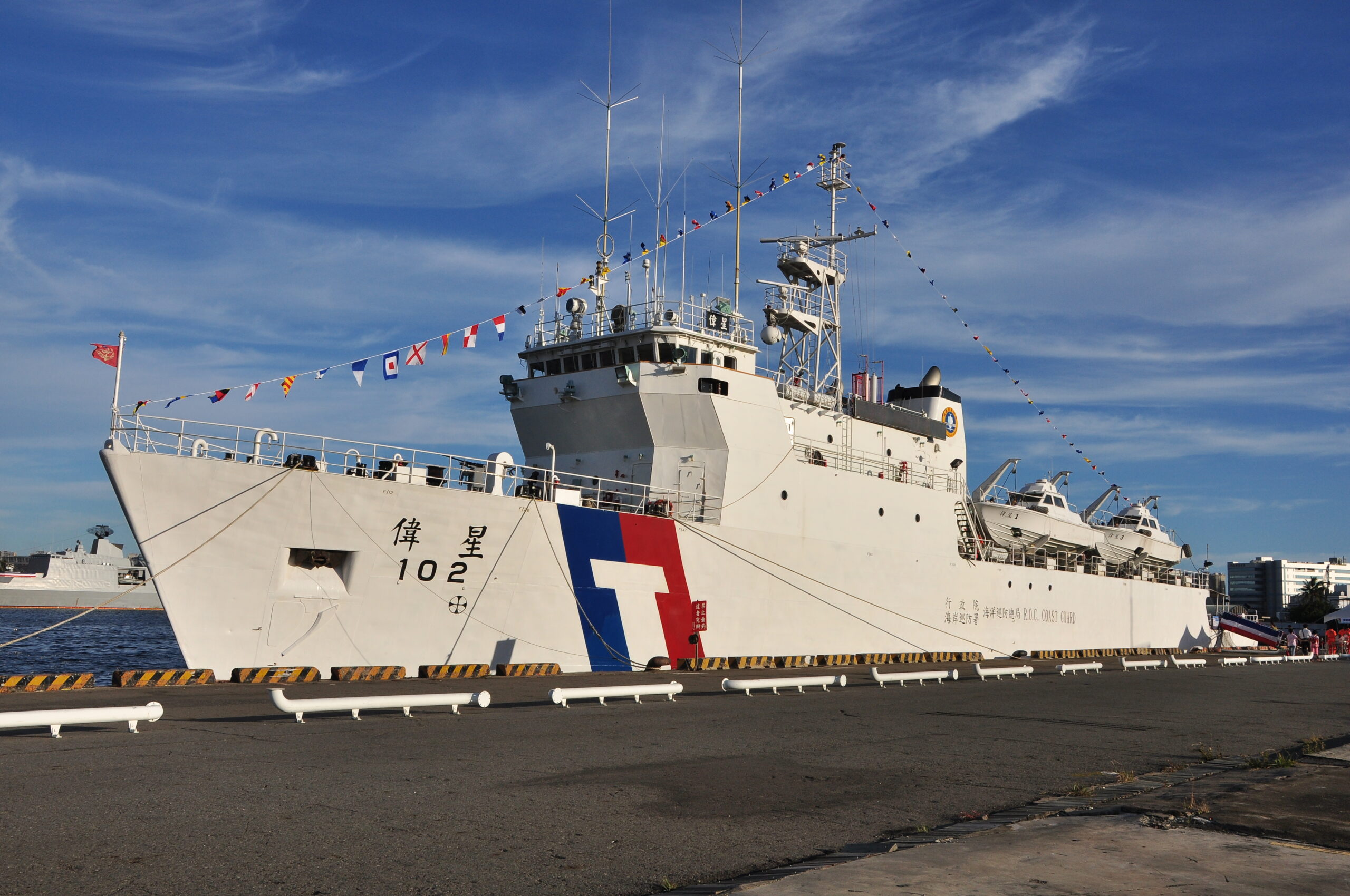 RudolphChen, CC BY-SA 3.0 <https://creativecommons.org/licenses/by-sa/3.0>, via Wikimedia Commons
RudolphChen, CC BY-SA 3.0 <https://creativecommons.org/licenses/by-sa/3.0>, via Wikimedia Commons
On an ongoing basis, the Chinese Coast Guard has harassed and intimidated Philippine Coast Guard and fishing vessels in the South China Sea. China claims almost the entire sea, while the Permanent Court of Arbitration has rejected China’s claims. As the Philippine ships and vessels continues to use territory which the world recognizes as belonging to the Philippines, China has historically used bully tactics, blocking, ramming, and damaging Philippine vessels or shooting them with high powered water cannons. This week, China was dished some karmic justice when two of its bully ships collided, rendering one of them on seaworthy.
This increased aggression by China is one of the primary reasons why the US Navy conducts freedom of navigation patrols in the region.
On Monday, August 11, 2025, two Chinese vessels collided while pursuing Philippine Coast Guard ships near Scarborough Shoal in the South China Sea. The Chinese Coast Guard cutter CCG 3104 struck the PLA Navy guided-missile destroyer Guilin (hull number 164) a botched blockade attempt.
The clash occurred as Philippine Coast Guard vessels BRP Teresa Magbanua and BRP Suluan escorted the fishing vessel MV Pamamalakaya and 35 local fishing boats as part of Manila’s Kadiwa Operation, which delivers fuel and supplies to Filipino fishermen operating in the country’s western exclusive economic zone.
Philippine Coast Guard spokesman Commodore Jay Tarriela said CCG 3104, while chasing the BRP Suluan at high speed, attempted a risky maneuver from the vessel’s starboard quarter. The cutter’s movement caused it to ram into the Guilin, which was approaching from the other side. Analysts believe the Chinese ships were trying to “sandwich” the Philippine cutter, forcing it into the path of a close-range water cannon blast. Poor coordination turned the maneuver into a self-inflicted collision.
The impact left CCG 3104 “unseaworthy,” with significant damage to its bow and forecastle. The Chinese crew did not respond to the Philippine ship’s offer of assistance, and it remains unclear if there were any injuries.
The involvement of the Chinese Navy destroyer Guilin in the Scarborough Shoal collision was considered highly unusual and “overkill” by analysts. PLA Navy warships typically remain “over the horizon” and avoid direct engagement, leaving such confrontations to the Chinese Coast Guard. This made the August 11 incident one of the most severe encounters between Chinese forces and the Philippines, highlighting the escalating tensions in the South China Sea.
Scarborough Shoal has been a persistent flashpoint since China seized it from the Philippines in 2012. Since then, Beijing has waged a steady campaign of harassment against Philippine civilian and government vessels, which has intensified in recent years. In February 2023, a Chinese Coast Guard vessel used a military-grade laser against a 44-meter Philippine Coast Guard ship during a resupply mission.
In March 2024, Chinese ships deployed water cannons on Philippine vessels, shattering a windshield and injuring crew members. The following month, three Chinese cutters rammed and blasted Philippine patrol boats with water cannons near Scarborough Shoal, while others threatened Filipino fishermen at Iroquois Reef. In January 2025, multiple Chinese vessels made aggressive maneuvers toward Philippine fisheries boats, forcing the suspension of a scientific survey.
Beijing justifies these actions through its “nine-dash line” claim, which asserts Chinese historical rights over roughly 90 percent of the South China Sea. The claim is based on a 1947 map created by the Nationalist government and later adopted by the Communist regime, citing historical records dating back to the Han Dynasty. Despite a 2016 international arbitration ruling rejecting the nine-dash line as having “no legal basis,” China has ignored the decision and continued to enforce its claims.
By enforcing the nine-dash line, Beijing seeks to transform these international waters into de facto sovereign territory in a process experts call “maritime territorialisation.”
Strategically, the South China Sea is a vital artery for global trade, with $3.36 trillion worth of goods passing through annually, including 80 percent of China’s energy imports. The waters are also rich in fishing grounds and contain large reserves of oil and natural gas.
Ironically, China is a signatory to the United Nations Convention on the Law of the Sea (UNCLOS), while the United States is not. Yet it is the U.S. that serves as the principal enforcer of the law, and China that stands as its principal violator.
The post Chinese Ships Collide: Karmic Payback for Years of Bullying the Philippine Coast Guard appeared first on The Gateway Pundit.
Politics
$50 Million Bounty on Nicolás Maduro: A New Chapter in Counter-Terror Strategy.
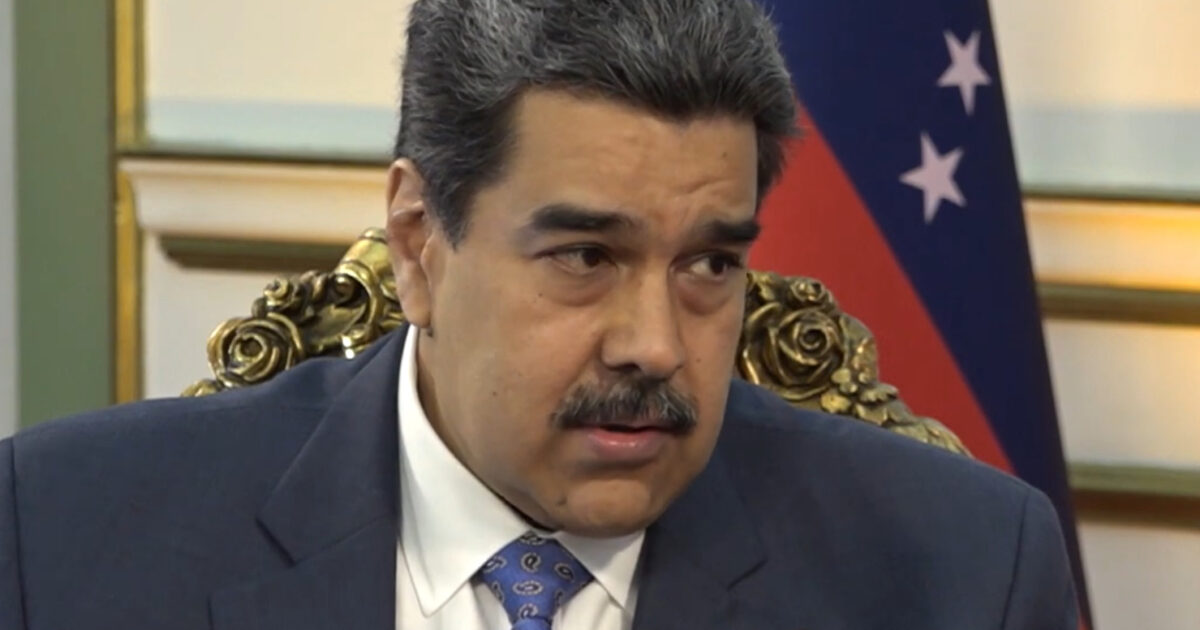
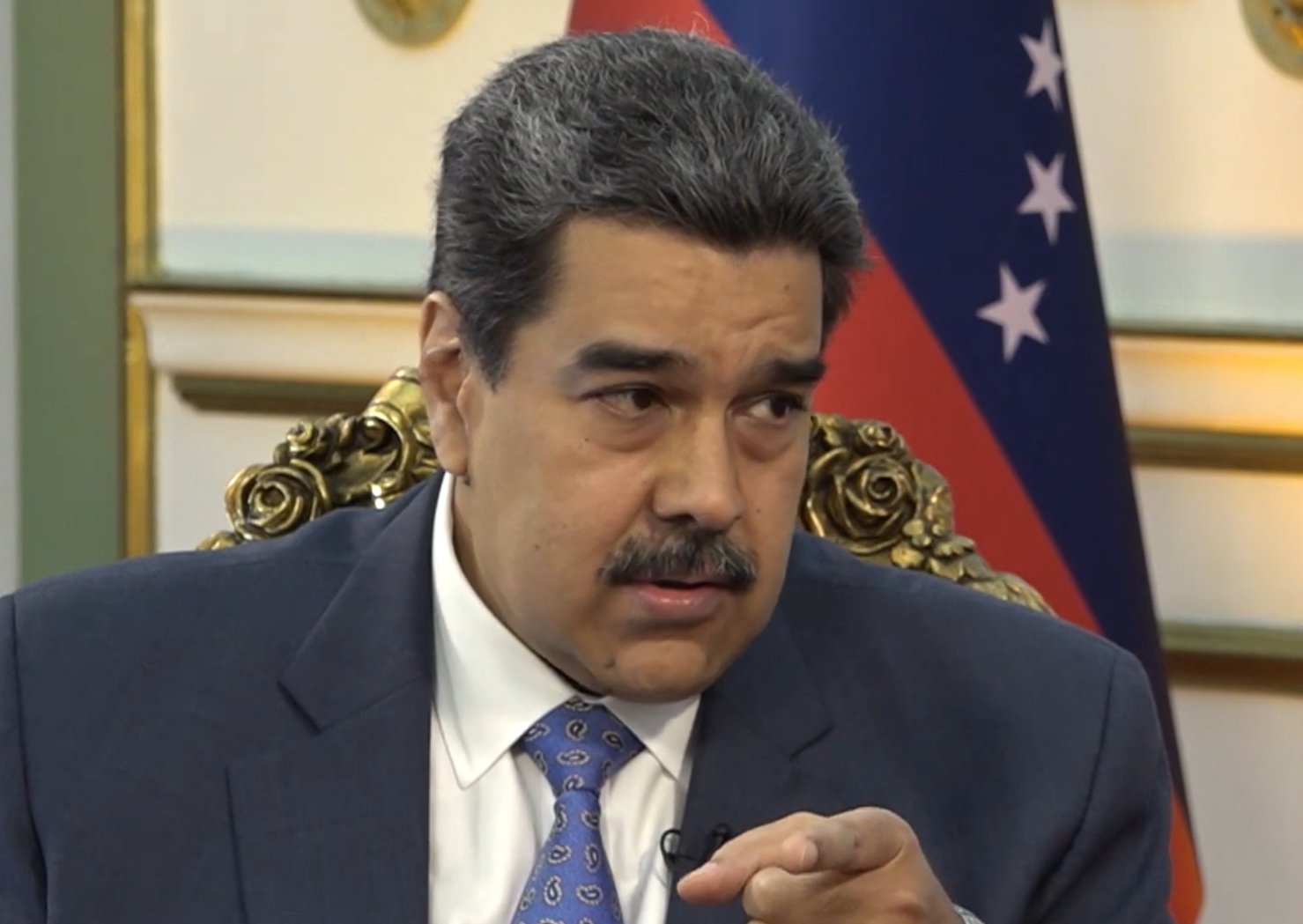
This is a Gateway Hispanic article.
The post $50 Million Bounty on Nicolás Maduro: A New Chapter in Counter-Terror Strategy. appeared first on The Gateway Pundit.
-

 Entertainment5 months ago
Entertainment5 months agoNew Kid and Family Movies in 2025: Calendar of Release Dates (Updating)
-
Tech5 months ago
The best sexting apps in 2025
-

 Tech6 months ago
Tech6 months agoEvery potential TikTok buyer we know about
-
Tech6 months ago
iOS 18.4 developer beta released — heres what you can expect
-

 Politics6 months ago
Politics6 months agoDOGE-ing toward the best Department of Defense ever
-

 Tech6 months ago
Tech6 months agoAre You an RSSMasher?
-

 Politics6 months ago
Politics6 months agoToxic RINO Susan Collins Is a “NO” on Kash Patel, Trashes Him Ahead of Confirmation Vote
-
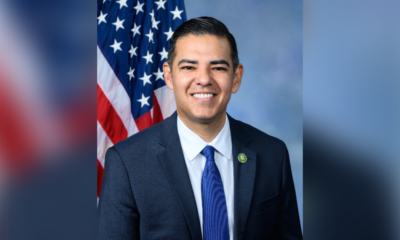
 Politics6 months ago
Politics6 months agoAfter Targeting Chuck Schumer, Acting DC US Attorney Ed Martin Expands ‘Operation Whirlwind’ to Investigate Democrat Rep. Robert Garcia for Calling for “Actual Weapons” Against Elon Musk




